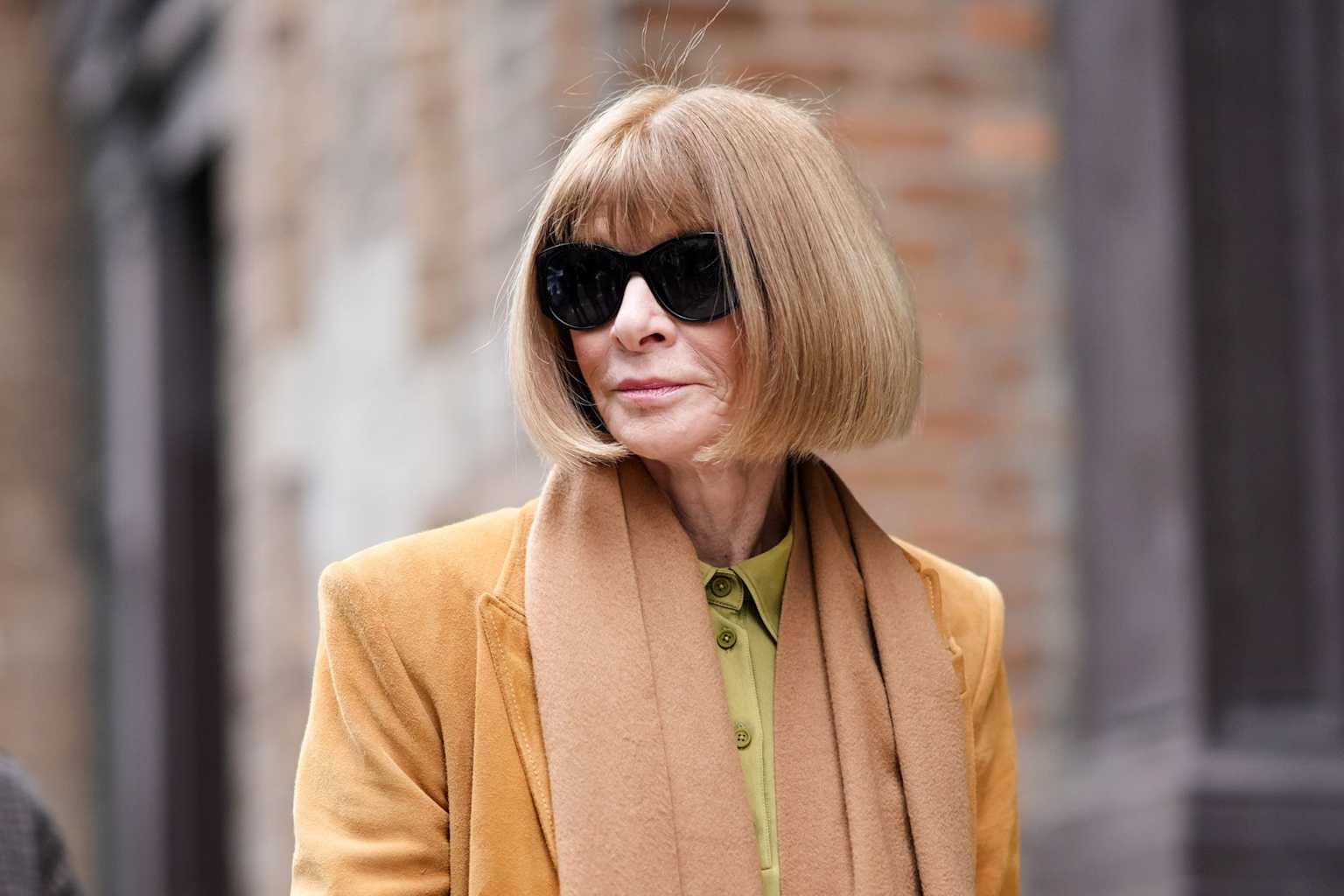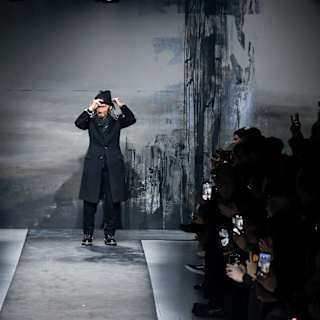- Restructuring Reflects Global Strategy
- Transforming Fashion Media
- Industry Speculation Ends
Anna Wintour announced Wednesday that she is stepping down as editor-in-chief of American Vogue after 37 years at the helm of the influential fashion magazine, marking the end of one of the longest editorial tenures in magazine history. The 75-year-old British editor told staff in a Wednesday morning meeting that Vogue will seek a new "head of editorial content" while she retains her roles as Condé Nast's global chief content officer and global editorial director at Vogue.

The transition represents part of Condé Nast's ongoing global restructuring, aligning American Vogue with the company's international editions that already have dedicated regional editorial leads1. Wintour will continue overseeing Vogue's eight international editions and broader content strategy across Condé Nast's portfolio, including GQ, Vanity Fair, and Glamour12. The move allows her to "equally nurture Condé Nast's diverse markets," according to The Fashionography3.
The decision creates a new organizational structure where the incoming editorial lead will join counterparts from Vogue's editions in the UK, Italy, France, and other markets3. No successor has been named, and the company has begun its search for the new editorial head45.
Wintour's influence began immediately after taking over from Grace Mirabella in 1988. Her first cover in November 1988 featured model Michaela Bercu wearing a $50 pair of Guess jeans with a $10,000 Christian Lacroix sweater—the first time denim appeared on Vogue's cover12. "It was so unlike the studied and elegant close-ups that were typical of Vogue's covers back then," Wintour reflected in 2012. "I had just looked at that picture and sensed the winds of change"1.
Her editorial innovations included pioneering celebrity covers, democratizing fashion by mixing high and low elements, and transforming the Metropolitan Museum of Art's Costume Institute fundraiser into the globally watched Met Gala34. She launched careers for designers including John Galliano, Alexander McQueen, and Marc Jacobs while establishing Vogue as essential reading beyond traditional fashion audiences4.
Rumors about Wintour's potential departure had circulated for years, with industry insiders long speculating about succession planning for such an iconic position1. Her intimidating reputation reportedly inspired the character Miranda Priestly in "The Devil Wears Prada," and she became a fixture in pop culture beyond fashion circles23.
The announcement follows recent changes at Condé Nast, including the recent departure of Susan Cappa as head of sales for fashion and luxury3.



